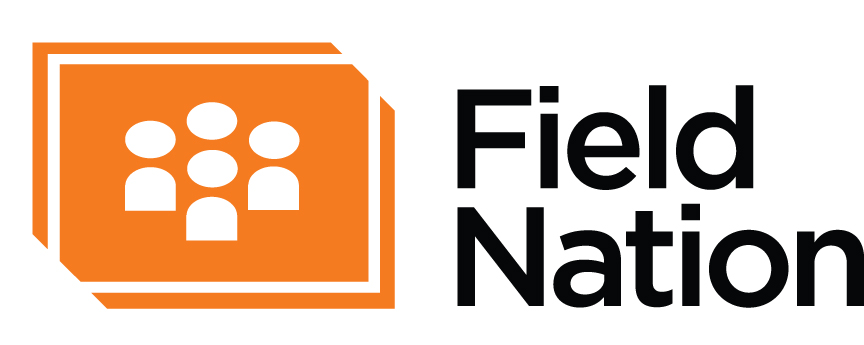 Welcome to the second installment in our series on online IT workforce solutions.
Welcome to the second installment in our series on online IT workforce solutions.
Like everything else, the temp agency business model has felt the seismic impact of the Internet and the new technologies it has spawned, such as the cloud and social networking. This has opened the door to completely new models – models that deliver different services in different ways; models that even open up completely new corporate structures. Workforce-as-a-Service is one such model being touted by numerous vendors, but the standard Elance and oDesk-type crowd models that have dominated freelance work like writing and software development don’t work for the delivery of IT services. So how do they work? What kind of IT expertise can you get and how do you get it?
In Part One of this series, we talked to OnForce President and CEO Peter Cannone. In this installment, we have the insights of Field Nation CEO Mynul Khan (pictured) and CMO Billy Cripe.
It’s all about trust
“There’s not much trust in crowd sourcing,” says Mynul Khan, CEO of Field Nation, adding that customer relations are delicate, and that all it takes in one incompetent person to show up to screw things up. This is why properly vetting your resources is critical.
Crowd Sourcing is the Elance/oDesk model in which an employer posts an opportunity and multiple contractors can reach out and bid on the work. It’s very reverse auction and there is little to no real vetting of the people you are dealing with. Anyone can sign up and respond to your post and most of the work offered this way is best done remotely. You may never meet the person you hire and they could be anywhere in the world, so you may get really low cost hiring a freelance coder in New Delhi, but you have no real way to know if the resource can deliver what they say they can.
Thus the trust problem Khan talks about. It’s a problem that is exacerbated when you are looking for people in a specific geography to do on-site work, as is commonly required in IT.
The Minneapolis, MN-based WaaS vendor is a business-to-business play with a wide variety of clients, from SMBs up to Fortune 500 multinationals, and across all of them Field Nation encourages users on both sides of the engagement, the contractor and the company doing the contracting, to develop a personal relationship. According to Khan, Field Nation wants users to work with the same contractors over and over again, developing trust through a mutually beneficial relationship.
“We focus on developing that trust, training and validation with people who are in the area. Then we make that information transparent. Trust and transparency goes hand in hand,” says Billy Cripe. “A lot of the other platforms, they see a risk in seeing that relationship to go on, because they see the risk that if the relationship happens they can take the work out of the system.”
This is a major difference between Field Nation and competing offerings. Field Nation wants to facilitate the transaction, providing a network of about 50,000 contractors and all the applications to support using them – project management, invoicing, client management, document management, etc. – and makes its money from successful work.
This is particularly interesting, as it opens up new models of corporate management. Khan says that many SMBs run their full time regular staff and vendors through Field Nation. It seems to be working. Field Nation was named to the Inc. 500 list of the fastest growing private company (43rd) and has expanded its offering from North America to Europe and has plans to expand into Asia this year.
Adds Khan, “We are all about uncrowding the crowd. Bringing you the right talent for the right job so it’s a win for both sides. No one is frustrated by getting the wrong talent or the wrong job.”
 So, if we look at the same IT-specific questions we asked OnForce:
So, if we look at the same IT-specific questions we asked OnForce:
Who owns the long term relationship?
You do. Field Nation provides the support that makes it work.
How do you handle ordering parts and equipment? Does the temp or Field Nation act as a reseller, or does the client order it directly?
This is entirely down to whatever arrangements made between the MSP/VAR and the client. Parts can be ordered and shipped to coincide with the on-site work.
If client calls up for an Office 365 install (10 licences) who is the partner of record? Who gets the 6% commission? Does it go to the temp or to enforce?
What happens is that in a large nationwide rollout, our customer, the buyers actually provide the parts. They’d ship it to the site. The techs can buy it themselves and ask for reimbursement.
Who carries the professional errors and omissions insurance? Who gets sued if something goes wrong?
The individual contractor is responsible for carrying all his or her own insurance. Certifications and insurance can be added to profiles so hiring organizations will know exactly how well protected they will be. Contractors can create alerts to warn them when their insurance is due to expire. If you don’t already have insurance, Field Nation has an arrangement with Wells Fargo and offers discounted packages for contractors.

